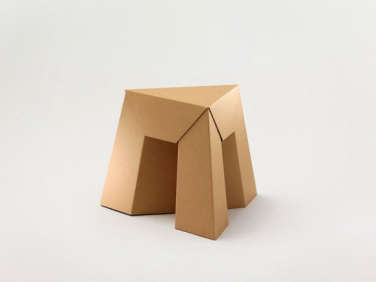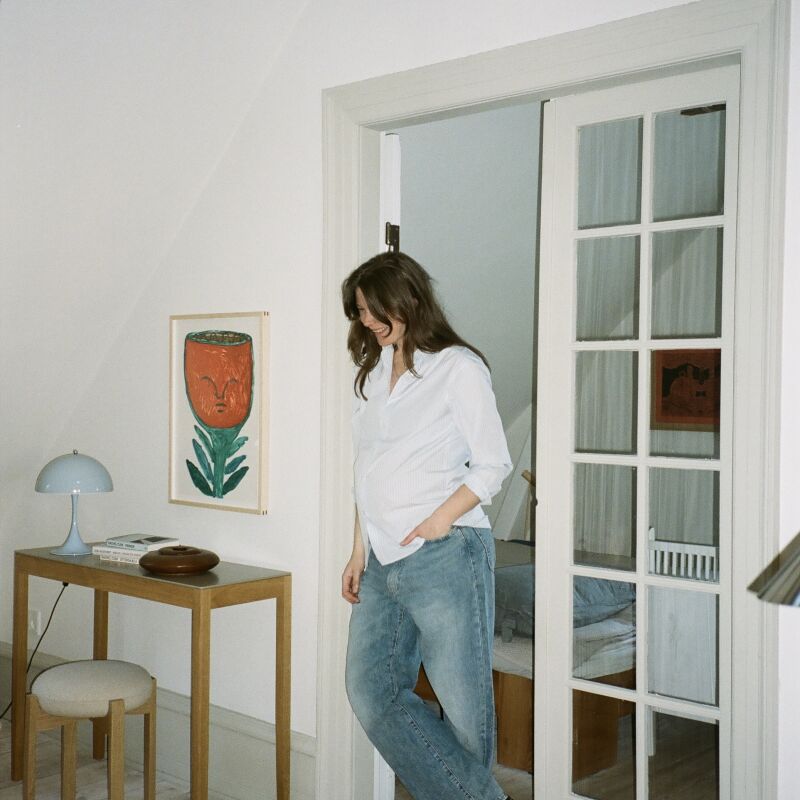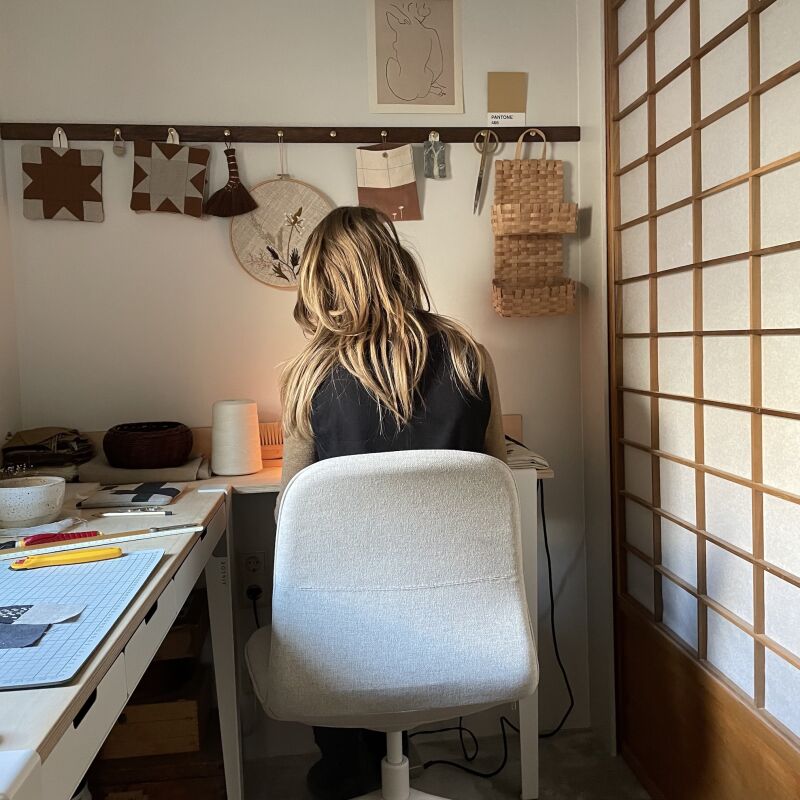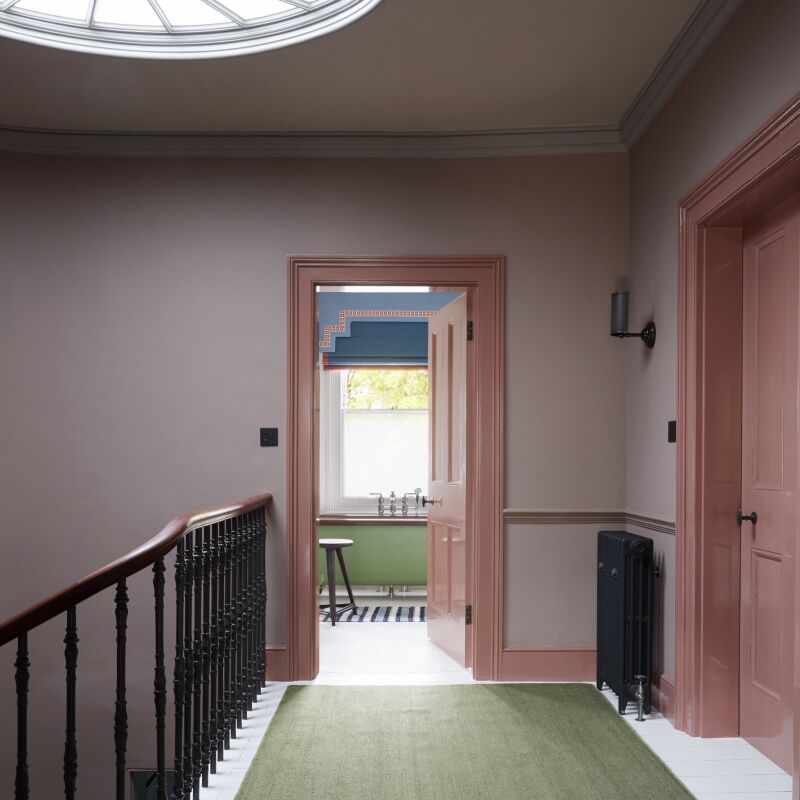“Our weeks are busy and noisy with phone calls, client meetings, computer screens. Add to that the daily mayhem of our one year old, and by Friday evening we’re both cross-eyed and exhausted, so physical and emotional space is critical. Having the opportunity to completely unplug and leave it all behind for 48 hours is incredibly important to us.”
Phoebe Dann, a Melbourne-based graphic designer, is talking about the Humpy, the derelict shed that she and her architect/product designer husband, Anthony Dann, transformed into a compact, off-the-grid retreat, just big enough for the two of them and their baby daughter, Fleur. Inspiration? Le Corbusier’s private refuge Cabanon, the only building he built for himself. “Like our cabin, it was also a plywood cocoon,” says Anthony.
Formerly a surfer’s occasional crash pad, the Humpy is located two and a half hours southwest of Melbourne in the lush coastal Otway Ranges–home, the couple notes, to “big mobs of kangaroos” who live in the surrounding hills. “We tore everything out, but we kept the bones of the structure, which gave us the starting point for our design,” Anthony told Freunde von Freunden. “These bones were the timber posts that hold up the floor and roof, the floor beams, and the pitched roof shape, which we felt was domestic and cozy. We built outwards, making the overall interior size 7 by 5.5 meters (23 by 18 feet). It’s still little, but there’s just enough space for us to have a small kitchen with its own sense of place, a separate bathroom, and a raised sleeping platform.”
Photography by Astrid Salomon via Freunde von Freunden. Go to FvF for the full story.

Above: The cabin and its platform-like deck are cantilevered out over the hillside on an openwork foundation. For nearly two years, Anthony and Phoebe spent weekends commuting to the site with hammers in hand.

Above: A trained architect and industrial designer but a self-taught builder, Anthony did much of the hard labor himself with help from Phoebe’s father. Whenever possible, they used recycled materials: Anthony says his best find was the set of old wood-framed windows that he found online at a salvage site and used to create this sliding window wall that opens to a deck.

Above: Now solar-powered, the shed also has a rainwater collection system.

Above: The plywood that lines the interior was excess from a building site. A local one-man lumber mill supplied the new wood.

Above: The shed’s original woodstove heats the interior.

Above: A built-in bench with a shoe niche divides the living area from the bedroom. Anthony got storage and proportioning ideas from a two-tiered houseboat.
Above: In Melbourne, Anthony has his own furniture company, Paper Tiger, specializing in flatpack cardboard designs made from recycled materials. Shown here, one of his Paper Tiger Stools.

Above: The bed is raised on a platform. Read about the exacting process of hand-cutting the plywood panels on FvF.

Above: A midcentury abstract work hangs next to the bed.
Above L: A pair of white porcelain Buffer Lamps by Wieki Somers ($450 from Lekker Home) illuminates the space. Above R: Kids’ things mingle with a collection of framed art.

Above: The white-tiled bathroom has a compost toilet.

Above: The couple painted the window frames black on the exterior. The shed is clad in rough-sawn ash. Note the rain chain.

Above: The deck in progress.

Above The roof and two walls are made of corrugated iron. A bedroom pavilion is currently in the planning stage.

Above: The nearly 15-acre property has grassland, forest, and a stream running through it–and the ocean is just a winding road away.
For more off-the-grid inspiration, take a look at:
- Top of the Lake: Tiny Cabins in Dark and Light
- An Off-the-Grid Cabin in Canada, Candlelight Included
- The Off-the-Grid Riverside Cabin, Rental Edition








Have a Question or Comment About This Post?
Join the conversation (1)